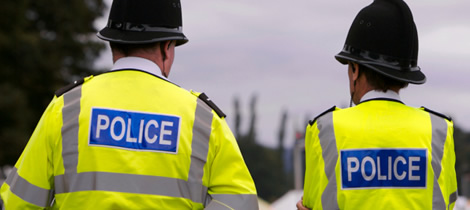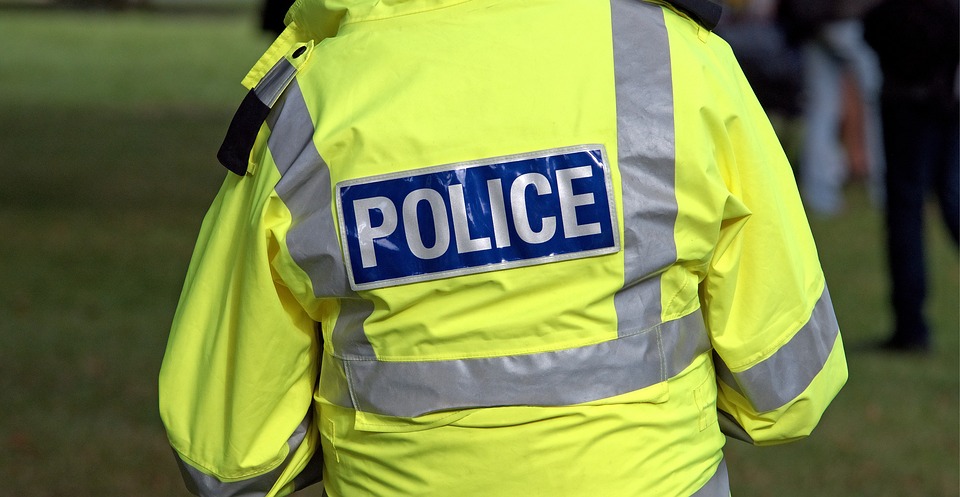Stalking
Recently I happened to tune in to radio 4 woman’s hour where the parents of Gracie Spinks were sharing the heartbreaking details following the horrific murder of their beautiful daughter. Gracie had reported her stalker and her concerns to the police but, sadly, a number of missed opportunities led to her murder. I want to use this week’s column to raise awareness of the serious nature of stalking, the importance of reporting incidents to the police, and signpost you to where you can go for help whether its happening to you or someone close to you.
In recent years, there has been a growing concern regarding the escalating rates of violence against women and girls. The independent police inspectorate recently issued a warning, highlighting an epidemic of violence against women and girls that demands immediate attention. Stalking and harassment accounts for a significant portion of this violence.
Shockingly, one in five women will experience stalking in their lifetime, highlighting the urgent need for effective measures to combat this issue. Furthermore, online platforms have become a breeding ground for such offences, with 23% of all online flagged offences being related to stalking and harassment.
Statistics reveal that an alarming 43% of all violence against women and girls is attributed to stalking and harassment. This form of abuse is often underplayed and dismissed but it can be extremely dangerous if not addressed. It is crucial to recognise that stalking and harassment are not isolated incidents, rather a problem that requires urgent action.
After the brutal murder of their daughter, Alice Ruggles family now campaign vigorously to urge family and friends never to underestimate the risks or the impact of stalking. Victims should never be advised to ignore it, or reassured that it will go away, or told that it’s just a coincidence. Stalking is a serious matter and should always be reported.
Stalking can be challenging for both individuals and professionals to recognise, as the actions of the stalker may initially appear non-threatening or insignificant. However, the law is clear. We know that victims often experience over 100 incidents before reporting to the police.
Here are some helpful suggestions that can help you or your friends/family navigate stalking behaviour.
1. Report it as soon as possible to the police and inform others about what is happening.
2. Seek practical advice to help you through the process.
3. Proactively collect evidence by keeping all relevant information.
4. Maintain an overview of the stalking incidents by keeping a diary.
5. Complete the Stalking Risk and Needs screening questions (gov.uk/report-stalker) to assess your level of risk.
6. Trust your instincts and take them seriously.
As we have learnt, from Gracie Spinks and Alice Ruggles, cases, and the excellent work of Jane Monckton Smith’s 8 stage homicide timeline, there is a real risk of stalking escalating to homicide. This worrying trend emphasises the urgent need for preventive measures and effective intervention strategies.
The rise in stalking and violence against women and girls is a pressing issue that demands immediate attention. By acknowledging the prevalence of stalking and harassment, understanding its connection to domestic abuse, and addressing the challenges faced in investigating these crimes, we can take significant steps towards creating a safer society.
Joy Allen










